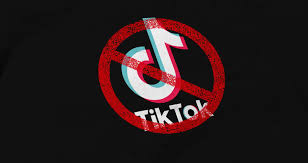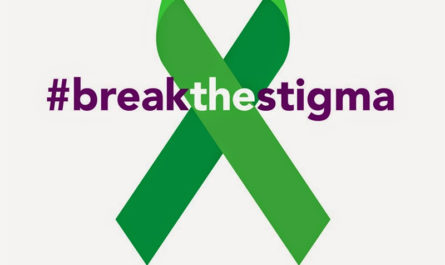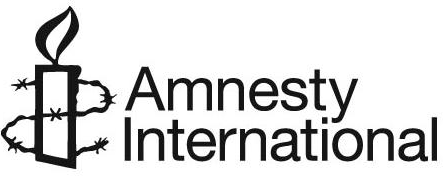Millions of users find themselves at the center of a continuous debate over the future of their favorite app.
The “TikTok Ban” fueled by fears of foreign interference and data exploitation, has sparked a widespread controversy, and drawn battle lines between proponents of security and defenders of digital freedom. The banning of TikTok causes chaos leaving people wondering “should TikTok be banned?”
TikTok is owned by a Chinese company called ByteDance. It was released in 2016 captivating audiences with short funny videos or viral challenges. The app was soon overshadowed by concerns of privacy breaches, censorship, and alleged ties to the Chinese government.
Governments cite a myriad of reasons for the TikTok ban, ranging from national security threats to data privacy risk. The fear of foreign influence and potential for data exploitation have prompted countries like the U.S., India, and Australia to take drastic measures against the app. Allegations of content censorship and the spread of misinformation further fuel the push for TikTok’s prohibition.
The ban had many reactions from its user base ranging from outrage and disbelief to resignation and defiance.
Herkimer College student Vanessa Addo doesn’t like the ban.
“I am on TikTok almost every day so for the app to be taken away would be devastating,” said Addo.
The majority of social media users seem to feel the same way. Many social media sites such as YouTube, TikTok, and Facebook show people stating that banning TikTok is absurd, because it’s their main source of entertainment where they also learn new things such as cooking, makeup, hair, and workouts.
The debate over banning TikTok is charged with complex considerations, with proponents emphasizing protecting national security and user data from potential exploitation. Lyla Williams and Isabella Suppa, students at Herkimer College, gave their opinions on some pros and cons to the ban. Suppa and Williams both agree that a con would be anger from the people who watch TikTok.
Williams says “I don’t watch or have TikTok, but if it is really using our data then if it gets banned that would be a pro.”
However, critics argue that such measures infringe on freedom of expression and users and creators must now navigate an uncertain landscape, grappling with the prospect of a world without TikTok.
The TikTok ban serves as a reminder of complexities inherent in balancing innovation and regulation. While concerns over security and privacy are valid, the blanket prohibition of the TikTok risks setback of creativity, silencing voices, and curtailing the vibrant digital communities that have flourished in its wake. As we move forward perhaps the path to a safer and more inclusive digital future lies in not banning TikTok, but fosters dialogue, collaboration, and responsible governance to address the challenges of the digital age.




